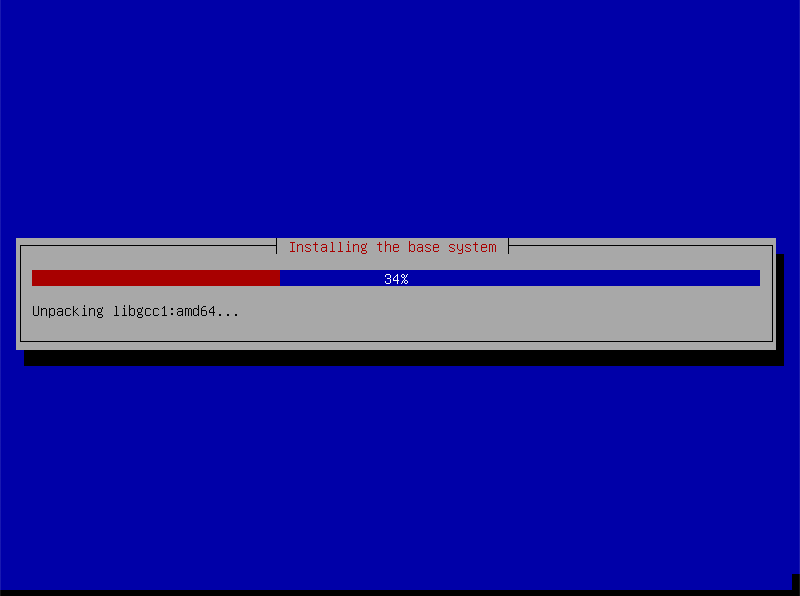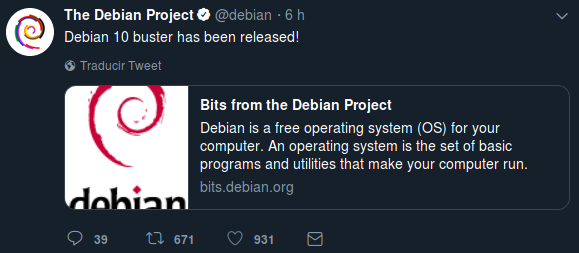
- #Nomachine debian buster 64 Bit#
- #Nomachine debian buster software#
- #Nomachine debian buster code#
- #Nomachine debian buster password#
TR08T10572 - A new Kerberos ticket is not obtained when reconnecting the virtual desktop (connection by SSH) TR10T10632 - 'Automatically check for updates' checkbox doesn't work properly TR10T10648 - Wrong IP addresses broadcast despite different NXdListenAddress server configuration key values

TR10T10630 - Upgrading from SBTS v8.0 to v8.1 doesn't work if the subscription is v.7 TR10T10655 - Mouse scrolling doesn't work on macOS 13 Ventura TR10T10627 - Screen blanking is not deactivated on macOS12 upon user's disconnection TR07T10566 - NoMachine WebRTC sessions don't work on Chrome 1.127 or later
#Nomachine debian buster 64 Bit#
TR10T10631 - Error during installation of 64 bit packages on Windows 7 The complete list of fixes included in this 8.2.3 release are:
#Nomachine debian buster password#
Re-delegation works also when the ticket is obtained by pam_krb5 module during password authentication. Kerberos ticket re-delegation for password authentication and the remote nodesįor connections by NX protocol, Kerberos tickets are now updated (redelegated) inside the session also when virtual desktops run on remote nodes. Since this version, the nxhtd-error.log and nxhtd-access.log file are unified in a unique file, nxhtd.log. This command is now able to synchronize also changes to nxhtd settings between the master and the slave servers. The 'nxserver -clusterupdate' command is renamed into 'nxserver -clusteredit' to better fit naming convention. The use of user groups, either system or NoMachine groups, is now available in all commercial products, including NoMachine Enterprise Desktop and NoMachine Workstation. Initial implementation for supporting audio based on PipeWire sound server in physical desktop sessions. This version provides also some improvements:Īudio support on PipeWire sound-based systems Which command did you like the most? Let me know in the comments.NoMachine makes available updated packages for version 8 to fix some issues affecting the previous releases, including errors during the installation of Windows packages at 64bit and WebRTC sessions not working on Chrome. So, you just saw five ways to check Debian version. Operating System: Raspbian GNU/Linux 10 (buster)

You can see the Debian version under the Operating System line. It’s mainly used for managing the hostname but you can also use it to get Debian version along with the kernel version. PRETTY_NAME="Raspbian GNU/Linux 10 (buster)"Īnother evergreen way is to use systemd command hostnamectl.
#Nomachine debian buster code#
Its output will show you a number of information like version umber, the code name and the project related URLs. This is why recommend reading the dedicated file for this purpose: cat /etc/os-release :~ $ cat /etc/debian_versionīut this one misses other crucial information. If you don’t like the way this output is presented, you can use this method to get just the version number of Debian. The above command output shows that I am running Raspbian GNU Linux 10. Here are two ways to do that: :~ $ cat /etc/issue Other methods to show Debian versionĭo you recall the Linux directory structure? The /etc directory has the core configuration files and you can use them to find a lot of useful information about your system including the distribution version number. There are other commands to find Debian version in Linux terminal. For example, you can use it to check CentOS version as well.īut that’s not the only way. The lsb_release is my favorite command as it can be used to check the version of most Linux distribution (if not all).

As you can see, I am running Debian 10 Buster here. I am running Raspbian OS which is Debian customized for Raspberry Pi. Here’s the output: :~ $ lsb_release -aĭescription: Raspbian GNU/Linux 10 (buster) The simplest way you can check Debian version is using the lsb_release command: lsb_release -a Knowing Debian version is helpful in many situations.
#Nomachine debian buster software#
Which Debian version am I running? You need the answer in situations such as when you are looking for a software that is available for certain Debian version only.


 0 kommentar(er)
0 kommentar(er)
